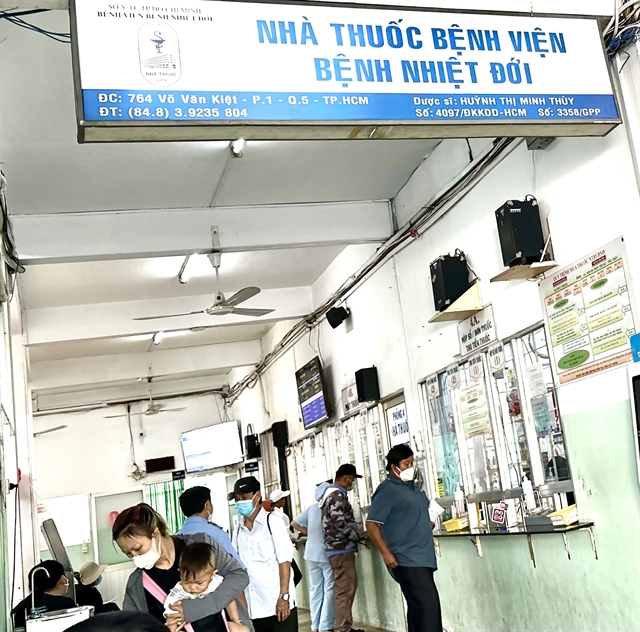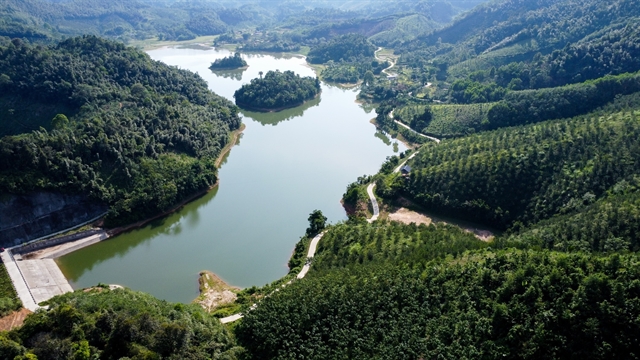▌Câu trả lời hay nhất
In the 2024 World Happiness Report,qua bong vang dubai Vietnam ranks 54th out of 143 countries and territories surveyed, up from 83rd in 2023.

Franco-Vietnamese Professor Ha Vinh Tho, Program Director of the Gross National Happiness Center in Bhutan from 2012-2018, spoke to the VietNamNet about improving Vietnam's ranking.
 |
| Professor Ha Vinh Tho. Photo: dantri.com.vn |
Vietnam has been making progress on the World Happiness Report in recent years, but it seems that our neighbors are on a faster track. What are the reasons?
Vietnam ranks high on the World Happiness Reports because of improvements in socioeconomic development, health care, education, public awareness of community and family values, and preservation of cultural heritage.
The progress made by Vietnam and other countries in the region shows that the concept of happiness is not fixed and varies from one nation to another.
Vietnam uses economic growth, social connectedness, and cultural values as drivers of national happiness. This approach does not always align with the World Happiness Report indicators.
I think the Vietnamese government should review whether it has made similar progress in environmental protection and conservation compared to other Asian countries.
Bhutan is one of the happiest countries in the world. What are the similarities between Vietnam and Bhutan?
Both Vietnam and Bhutan prioritize cultural preservation and social connectivity, two of the most important indicators of Gross National Happiness (GNH). Both nations share similar traditions, honor ancestors and Buddha, and are proud of their independence and distinctiveness.
In Bhutan, the GNH index measures and enhances mental support and drives and develops sustainable socio-economic policies. Vietnam can adopt similar measurements and policies to improve people's happiness in addition to enhancing its economic performance.
On the other hand, Vietnam has outpaced Bhutan in economic and technological development.
After decades of war, Vietnam's economic growth has been a miracle to the world. But now it is time for the nation to strike a balance between economic development and environmental sustainability.
What do you think about the importance of the GHN Index in the globalization process?
The GNH Index is important in a world of globalization and integration because it's an alternative to GDP-based growth models. The index has inspired many governments to consider the happiness and satisfaction of their people as two of the indicators when developing macro policies.
 |
| A family learns how to make traditional handicrafts in Hanoi. Photo: Lai Tan/The Hanoi Times |
The global community is now paying more attention to happiness and social security as two of the fundamentals in the development of macro policies, alongside economic factors.
By using the GNH Index, a nation can develop a happy and sustainable society and increase its competitiveness in the world, attracting global investors, sustainable finance and the global community to support its sustainable and equitable growth.
Some people say that the GNH index is more important than the Gross Domestic Product (GDP). What do you think of this statement?
Social security and happiness cannot be achieved through economic growth alone. Sustainable development, environmental protection, cultural preservation and the provision of social security are necessary for a more perfect and happier society. The GNH Index takes both physical and intangible factors into account, bringing new models of growth.
The GNH Index comprises nine domains: living standards, education and health, environment, community, vitality, time use, psychological well-being, good governance, and cultural resilience and promotion. These domains provide an overall framework for assessing and accelerating the growth of each individual in society. This framework emphasizes the importance of balancing internal structure and external factors to create a good environment for physical development, and exploring 'happiness skills' or internal factors to develop mental health.
Technological developments present both opportunities and challenges for nations using a GNH-based growth model. Technology can improve living conditions, facilitate sustainable development and provide creative solutions to social and environmental problems. On the other hand, technology can increase inequality between people, promote consumerism and isolate individuals from their communities and nature. So it is very important to balance these elements and promote GNH in the era of technological progress.
What is good about the GNH-based model in Vietnam?
Vietnam's commitment to strong economic growth, ensuring social equality and cultural preservation are the country's positive highlights. The nation as a whole has also remained resilient and has done well in reducing poverty, increasing public access to education and health services, preserving and promoting cultural values, and placing community-based values at the centre of growth. This has laid a solid foundation for a happy society.
I've met many business leaders who are open to adopting the GNH Index in their companies. The Ministry of Education and Training is now committed to implementing the Happy School vision to build a better future for Vietnam's education sector.
When we talk about training a generation of happy leaders in Vietnam, it means that these officials must acquire a sufficient level of mindfulness, compassion and work ethic. We can set up training programs to equip them with the self-awareness and emotional quotient to feel the need to lead the community to prosperity.
It is probably harder to create a generation of happy government officials because they are bound by tasks, missions and responsibilities. But it is clear that happy civil servants will be crucial to the development of policies that boost national happiness. Therefore, we need a comprehensive approach that requires optimized individual growth, ethical leadership and social integration to develop happy citizens and government officials. Leaders must be the role models who inspire ordinary people to achieve great things, as Vietnam's history has shown.
 |
| A dragon dance at Hoan Kiem Lake, Hanoi. Photo: Pham Hung/The Hanoi Times |
Are you satisfied with the countless efforts you have made to facilitate the growth of happy students, happy schools and happy businesses in Vietnam?
We have made significant progress in building a happy nation with happy children, happy schools and happy organizations. But there are still challenges to overcome to ensure that the ideas are widely accepted and implemented, especially in education and business.
We will promote a balanced approach in the education sector to make it easier for students to achieve good learning outcomes and to find the best benefits for both teachers and students. Artificial intelligence is now bringing change and reform to the education sector. We need to adapt to the new context by focusing on emotional and social skills, creativity, innovation, teamwork and unity, which can't be seen in machine operations.
I hope that many more companies and leaders will take responsibility for becoming a driving force in society, increasing value for all stakeholders and finding a balance between their business and sustainability.
We also want to accelerate the development of an inclusive society, where children and people with disabilities can be integrated into their schools and workplaces. We are currently working with the Ministry of Education, Hue University and the local government to develop a special training programme to guide teachers and managers through social therapy.
How do you imagine a happy Vietnam in the future?
Our forefathers sacrificed to secure national independence and freedom, giving us a chance to achieve and improve the state of happiness. So from my thoughts, a happy Vietnam is a nation and a society in which every person is treated with respect, and well-connected to the community. In that future, Vietnam becomes a developed economy without trading off its environmental sustainability and cultural characteristics.
Happiness and social security will be considered important indicators like other economic ones. We will raise, educate our kids to become mindful, passionate people that are well-prepared to face the challenges of the 21st century. We will have communities deeply integrated with traditional cultures while still open to global trends and diversities.
What do you suggest Vietnam do to realize that future?
I recommend that the government, the private sector and the people step up their joint efforts in GNH-based projects. The public-private partnership will explore the strengths of all stakeholders to advance sustainable development, education, business and cultural initiatives.
In addition, Vietnam needs to develop sustainable communities where modern technologies and traditional values are harmoniously blended for the benefit of the people. The government should empower local authorities and communities to design and implement their happiness initiatives. We should also combine the activities on renewable energy, digital education, and healthcare with those on traditional culture and environmental management to promote a balanced, healthy life.
Another factor I strongly recommend is continuous learning. In this regard, Vietnam should set up a national research center on the GNH model and related issues. Through this center, we will be able to apply GNH principles to the socio-economic growth of the country.
The nation should also participate in global meetings to learn from international practices and raise its voice in discussions on happiness and prosperity. This could help Vietnam share its own experiences and get ideas from other countries. Vietnam can become the new symbol of happiness and prosperity, not only in Southeast Asia, but also in the world.
Thank you for your time!












